Farmers of Ai Quoc commune, Nam Sach district, Hai Duong province report production results to President Ho Chi Minh (May 31, 1957)_Source: hochiminh.vn
Ho Chi Minh's thoughts on democracy and building a state of the people, by the people, for the people
President Ho Chi Minh's democratic thought not only reflects a comprehensive and profound vision of this universal value, but is also a thought to be put into practice in order to build a democratic regime in a country that was just liberated from the invasion of colonialism and imperialism 75 years ago. The content of Ho Chi Minh's thought on democracy is reflected in a concise, specific, easy-to-understand, easy-to-practice way, expressed in the following three core issues :
First , affirm the role and status of the people in a democratic political regime.
According to President Ho Chi Minh, democracy is the most precious thing of the people. It was formed in the process of building and defending the country. At the same time, it reflects the fundamental relationship between the State and the people in a certain political and social regime. Immediately after the success of the August Revolution in 1945, President Ho Chi Minh determined to build a new type of Vietnamese State, which is the "Democratic Republic of Vietnam. Independence - Freedom - Happiness". He firmly declared: "Our regime is a democratic regime, meaning the people are the masters" (1) .
President Ho Chi Minh affirmed: “Our country is a democratic country, the highest position belongs to the people, because the people are the masters” (2) . According to him, in our country, all power and strength belong to the people, come from the people. He emphasized that: “OUR COUNTRY IS A DEMOCRATIC COUNTRY. All benefits are for the people . All powers belong to the people . The work of innovation and construction is the responsibility of the people . The cause of resistance and nation building is the work of the people . The government from the commune to the Central Government is elected by the people . The organizations from the Central to the commune are organized by the people . In short, power and strength are in the people ” (3) . Thus, the most basic and core content in Ho Chi Minh's thought on democracy is: The people are the subject of political and social power, the democratic political institution must ensure that real power belongs to the people, the people are the ones who have the right to decide the fate of the nation - people; the people must have the responsibility and obligation to build, consolidate and exercise their power through the political system and democratic political institutions, build and consolidate the state management apparatus to serve their interests. President Ho Chi Minh affirmed: "We must understand that government agencies from the whole country to the villages are all servants of the people... Whatever is beneficial to the people, we must do our best to do. Whatever is harmful to the people, we must avoid. We must love and respect the people, then the people will love and respect us" ( 4) .
President Ho Chi Minh clearly defined the relationship between the people and the State: “Without the people, the Government would not have enough strength. Without the Government, the people would have no one to lead the way. Therefore, the Government and the people must unite as one. Today, we have built the Democratic Republic of Vietnam. But if the country is independent but the people do not enjoy happiness and freedom, then independence is meaningless” (5) .
Second, build a State of the people, by the people and for the people.
As early as 1927, in the book “ The Revolutionary Path”, President Ho Chi Minh stated: “We have sacrificed to make the revolution, so we should do it thoroughly, meaning that after the revolution, power must be given to the majority of the people, not left in the hands of a small group of people. Only then will we avoid making many sacrifices, and only then will the people be happy” (6) . After the success of the August Revolution, the revolutionary state was established. He emphasized: “Our country is a democratic country . All powers belong to the people, all benefits are for the people... In short, power and strength are in the people”. This is the essential difference between the people's democratic state and the states of the exploiting class that have existed in history.
According to President Ho Chi Minh, the State of the people is a state in which all power belongs to the people, the people are the subjects of state power. The people are the root, the owner of state power, all the powers of the State belong to the people. Therefore, the cadres of the government at all levels are loyal servants of the people, servants of the people, not parents of the people, ruling the people like the state of the previous exploitative regime. The people are the ones who have the right to decide on important issues related to the destiny of the nation. Article 32 of the 1946 Constitution clearly states: "Matters related to the destiny of the nation will be submitted to the people for a referendum". In essence, this is a referendum, a form of direct democracy proposed in our country quite early. The people elect the National Assembly and governments at all levels, have the right to control the state, supervise and have the right to dismiss National Assembly deputies and people's councils at all levels. The people are the subjects of state power, so the people have the right to control state power.
A state by the people is a state in which the people choose and elect their representatives, who represent the people in organizing and operating state agencies from the central to local levels through a system of universal suffrage. At the same time, a state by the people is also a state in which the people participate in the work of the state, support and assist both materially and spiritually the activities of the state apparatus, and exercise their obligations and powers towards the state within the framework of the law. On the other hand, the people participate in giving opinions on building the state, controlling and supervising the power of the state. "If the government harms the people, the people have the right to dismiss the government", meaning that if the state does not meet the legitimate needs and interests of the people, the people have the right to dismiss the government.
A state for the people is a state that serves the legitimate interests and aspirations of the people, taking the happiness of the people as its goal. The state does not have privileges, benefits, or stand above the people, but must be truly clean, frugal, honest, upright, fair, and impartial. President Ho Chi Minh reminded many times: Whatever is beneficial to the people, no matter how small, we must try to do. Whatever is harmful to the people, no matter how small, we must try to avoid. A state for the people is a state that always upholds the sense of political responsibility to the people. He believed that: If the people are hungry, the Party and the Government are at fault; if the people are cold, the Party and the Government are at fault; if the people are ignorant, the Party and the Government are at fault.
Third, resolve the relationship between the State and the people in the spirit of democracy .
According to President Ho Chi Minh, the relationship between the State and the people is a close and closely linked relationship. The people need the State to lead and organize forces to build and develop the country. On the other hand, the State must rely on all resources of the people to serve the people. In his thought, the basic principle in the operation of the State is the principle of democratic centralism. The State must promote democracy to the highest level to mobilize all forces of the people to advance the revolution. At the same time, it must concentrate highly to unify the leadership of the people to build socialism.
Besides promoting democracy, President Ho Chi Minh also clearly stated the role of dictatorship: Every regime has dictatorship. The question is dictatorship for whom? Democracy is the precious property of the people, dictatorship is the lock, the door to prevent saboteurs... Having democracy also requires dictatorship to preserve democracy. For that reason, President Ho Chi Minh paid special attention to building a rule of law state with strong legal effect. After the success of the August Revolution, President Ho Chi Minh, on behalf of the provisional government, read the Declaration of Independence, declaring to the people of the whole country and the world about the birth of the Democratic Republic of Vietnam, affirming the legitimacy of the provisional government. After that, he proceeded to build a democratic Constitution, organized a general election with universal suffrage, and established the Constitutional Drafting Committee of the Democratic Republic of Vietnam. On March 2, 1946, the National Assembly held its first session and elected Ho Chi Minh as President of the Coalition Government of Resistance. This was the first constitutional government elected by the people, with full capacity and effectiveness in resolving all domestic and foreign issues of the country. Also in 1946, the first Constitution was born. President Ho Chi Minh focused on building laws, governing the country by law and making laws effective in practice. According to him, in a people's democratic state, democracy and law must go hand in hand, ensuring that the government operates effectively and efficiently.
A very important content in Ho Chi Minh's thought on building a rule-of-law state of the people, by the people, for the people is to focus on building a socialist legal system , ensuring the implementation of people's power. To build a socialist legal system, President Ho Chi Minh paid special attention to the fact that cadres, civil servants, and public employees must be formally trained, have a good understanding of the law, and be proficient in administrative management in all different areas of social life. In 1946, President Ho Chi Minh signed Decree No. 197 to establish the Legal Department at Vietnam University; in 1950, he signed Decree No. 76 to promulgate the "Civil Service Regulations" to ensure fairness in recruitment and appointment to administrative ranks. This is an important basis for building the foundation for the rule of law in Vietnam.
In addition to focusing on building a national governance system through law and building a contingent of cadres and civil servants, President Ho Chi Minh also paid attention to the work of propagating, disseminating, and educating the law, raising the level of awareness and law enforcement of the people, emphasizing the role of law enforcement officers. In a letter to the National Judicial Conference (January 1946), he advised: You are the ones who enforce the law, of course you must set an example of "Serving the public, abiding by the law, being fair and impartial!".
Politburo member and National Assembly Chairwoman Nguyen Thi Kim Ngan visited and presented gifts to some policy families and poor households and talked with officials and people of Thuong Hai village, Thach Hai commune (Ha Tinh province)_Photo: Document
Practical application of Ho Chi Minh's ideology on democracy in strengthening the relationship between the State and the people in Vietnam
During nearly 35 years of renovation, President Ho Chi Minh's democratic thought continues to be creatively applied to strengthen the relationship between the State and the people in the context of developing a socialist-oriented market economy, promoting industrialization, modernization and international integration. The issue of practicing democracy and strengthening the relationship between the State and the people in the renovation period according to Ho Chi Minh's thought has achieved a number of important results.
Firstly, institutionalizing Ho Chi Minh's ideology on democracy and ensuring the close connection between the State and the people is gradually carried out in a synchronous and comprehensive manner.
Article 69 of the 2013 Constitution stipulates: “The National Assembly is the highest representative body of the People, the highest authority of the Socialist Republic of Vietnam. The National Assembly exercises constitutional and legislative powers, decides on important national issues and exercises supreme supervision over the activities of the State” (7) . Accordingly, the people exercise state power through direct democracy and representative democracy through the National Assembly, People's Councils at all levels and other State agencies. The 2013 Constitution has fully institutionalized human rights, basic rights and obligations of citizens, and at the same time institutionalized a number of new rights such as: The right to life (Article 19); the rights to scientific and technological research; literary and artistic creation and enjoyment of benefits from such activities (Article 40); the right to enjoy and access cultural values, participate in cultural life, and use cultural facilities (Article 41); The right to determine ethnicity, use mother tongue, choose language of communication (Article 42); the right to live in a clean environment (Article 43); the right not to be expelled or handed over to another state (Clause 2, Article 17). As a component part of the state power apparatus, the National Assembly and National Assembly deputies become a bridge closely connecting the relationship between the State and the people. Therefore, the 2013 Constitution affirms: "National Assembly deputies are the representatives of the will and aspirations of the people in their constituencies and of the people of the whole country" (Clause 1, Article 79) (8) . Ensuring people's participation in state management is not only affirmed in the Constitution but also specified in laws (9) .
The Government, as the agency that “executes executive power”, the highest administrative agency and the executive body of the National Assembly, has focused on promoting democracy and the rule of law in governance, aiming to build a unified, transparent, clean, strong, effective and efficient administration. During nearly 35 years of renovation, the Government has focused on innovating and reforming institutions, apparatus, civil servants and public finance in the direction of democracy, science, modernity and professionalism. The overall program of state administrative reform for the 2001-2010 period and the 2011-2020 period has been carried out to build a professional, modern and civilized administration. Accordingly, a series of legal documents have been issued (10) ; at the same time, the Government has gradually innovated its operating methods, shifting from a management mechanism by command, a request-grant mechanism to a management mechanism by law, promoting the responsibility of serving the people.
Second, people's participation in political life and state management is increasing.
On the basis of implementing the Platform for national construction during the transitional period to socialism (supplemented and developed in 2011) and the 2013 Constitution, the Vietnam Fatherland Front and socio-political organizations have mobilized people to actively participate in implementing the Constitution and laws; at the same time, constantly innovate methods and contents of social supervision and criticism, and participate in building the Party and the State. Laws on socio-political organizations, such as the Trade Union Law, the Youth Law, the Vietnam Fatherland Front Law, etc. have specified the role of socio-political organizations stipulated in the Constitution in state management, social supervision and criticism, making an important contribution to building a socialist rule-of-law state in Vietnam.
Through Decree No. 29/1998/ND-CP, dated May 11, 1998, of the Government “On promulgating the Regulations on implementing democracy in communes” ; Decree No. 71/1998/ND-CP, dated September 8, 1998, of the Government, on “Promulgating the Regulations on implementing democracy in the activities of agencies” , the Government has added a legal basis for the motto “People know, people discuss, people do, people inspect” to come into life. Thus, through legal institutions and activities of socio-political organizations, people are increasingly active and proactive in participating in the work of the State, contributing their intelligence, talents, and material resources to build a strong State, ensuring the close connection between the State and the people.
Third, building a team of cadres, civil servants and public employees with synchronous development in both capacity and quality, contributes significantly to building a clean and strong State .
According to President Ho Chi Minh, cadres are the root of all work. Therefore, building a contingent of cadres, civil servants and public employees with sufficient capacity and qualities to participate in the state management apparatus in the period of innovation has received great attention from our Party and State. The 3rd Central Conference of the 8th tenure issued Resolution No. 03-NQ/TW, dated June 18, 1997, on "Cadre Strategy in the period of promoting industrialization and modernization of the country". Next, the 9th Central Conference of the 10th tenure issued the Conclusion "Continuing to promote the implementation of the Cadre Strategy from now until 2020". Most recently, the 7th Central Conference of the 12th tenure issued the Resolution " Focusing on building a contingent of cadres at all levels, especially at the strategic level, with sufficient qualities, capacity and prestige, equal to the task ". The Law on Amendments and Supplements to a Number of Articles of the Law on Cadres and Civil Servants and the Law on Public Employees recently supplemented and clarified the responsibilities of cadres, civil servants and public employees in the practice of public duties, issued regulations to strengthen discipline for civil servants and public employees, eliminated the notion of "safe landing" of retired cadres and civil servants who had made mistakes and shortcomings before, corrupt cadres and civil servants were forced to quit their jobs; eliminated the "lifetime tenure" regime for civil servants; made public the results of cadres and civil servants' evaluations at the workplace...
The issues raised:
Besides the achievements, we can see some issues that need to be further resolved such as:
Firstly, the awareness of the role and status of the people in the transition period to socialism is still not complete and comprehensive. The people's right to access information is legalized; however, in many areas of activity as well as in a number of state agencies, both at the central and local levels, the issue of information transparency, especially in the work of organizing cadres, recruiting and appointing cadres, publicizing projects for bidding, transparency of personal assets and income, management of natural resources, environment, and public finance management, is still limited. The responsibility to explain and handle after explanation through sessions of the National Assembly and People's Councils at all levels shows low efficiency and lack of uniformity. The role of inspecting and supervising state power of the National Assembly, People's Councils at all levels and the role of social criticism and supervision of the Fatherland Front and its member organizations have not achieved the desired results. The methods of exercising direct ownership are still limited. The issue of “ensuring people’s participation in all stages of the process of making decisions related to people’s interests and lives” is still inadequate. Furthermore, the issue of paying attention to the enjoyment of the fruits of people’s creative labor still reveals many shortcomings, leading to social polarization, increased group interests, and a high potential risk of poverty and re-poverty.
Second , the gap between the promulgation of laws and their implementation has not been narrowed. In the process of building a socialist rule-of-law state in Vietnam, the gap between the promulgation and implementation of laws is still quite clear. One of the reasons leading to this situation is that people do not clearly perceive the role of each legal document issued by the State that is directly related to their lives.
Third, practicing democracy while maintaining order and discipline still has many shortcomings. In reality, the situation of "both lacking democracy and lacking discipline" is slowly being overcome. In the activities of state agencies, there are still many manifestations of lack of democracy or extreme democracy; the practice of democracy in many places and at times is still formalistic, and the implementation of laws and discipline is not strict. The authority and responsibility of heads of public agencies are not clearly defined and not strictly implemented. There is a lack of sanctions to ensure the implementation of democracy and the maintenance of order and discipline.
Soldiers help people fight floods in the Mekong Delta_Photo: Document
Continue to apply Ho Chi Minh's thought on democracy in strengthening the relationship between the State and the people in the coming time.
Firstly, continue to study and thoroughly understand Ho Chi Minh's thoughts on democracy and building a socialist rule-of-law state of the people, by the people, for the people. This is an asset of great theoretical and practical value that needs to be studied, applied and seriously implemented in all activities of state agencies and society, creating a strong spiritual motivation to build and develop the country sustainably.
Second, continue to concretize and perfect the institution of democratic practice in the spirit of the Platform for national construction in the transitional period to socialism (supplemented and developed in 2011) and the 2013 Constitution. Seriously and effectively implement direct democracy, representative democracy, and grassroots democracy in practice according to the motto "People know, people discuss, people do, people inspect, people supervise, people benefit". Thoroughly grasp the Party's viewpoint in handling violations of the law according to the principle that all citizens are equal before the law, with no forbidden areas and no exceptions. Consistently implement the policy of practicing democracy in a synchronous and comprehensive manner; promote the people's active and proactive spirit in participating in practicing democracy, participating in building a clean, honest, effective and efficient state apparatus.
Third, continue to innovate the organization and operation of the National Assembly and People's Councils at all levels, improve the quality and effectiveness of legislative work, supreme supervision and decision-making on important national issues. Strengthen the connection between the supervision activities of the National Assembly and People's Councils at all levels and the inspection and supervision of the Party, the Fatherland Front, socio-political organizations and the people's supervision. Strengthen inspection, examination and supervision activities in the activities of the Government. Focus on building e-government, cutting cumbersome administrative procedures, and maximally overcoming gaps leading to corruption and bribery. Improve the quality and effectiveness of the activities of people's courts, people's procuracies, investigation agencies, lawyers' activities and judicial support.
Fourth, promote the building of a contingent of cadres, civil servants and public employees who are honest, have political courage, good moral qualities, capacity, prestige, high professionalism, good health, and are dedicated to serving the people. Standardize the contingent of cadres, civil servants and public employees in the direction of professionalism, modernity, responsibility, promote democracy associated with tightening discipline, encouraging innovation and creativity, and have aspirations for the common interests of the people and the country. Improve the working environment, salary, housing and public service policies. Resolutely eliminate degenerate and corrupt elements from the state apparatus. Continue to promote the study and following of Ho Chi Minh's ideology, morality and style./.
-------------------------------------
(1) Ho Chi Minh: Complete Works , National Political Publishing House Truth, Hanoi, 2011, vol. 13, p. 83
(2) Ho Chi Minh: Complete Works , op. cit. , vol. 7, p. 434
(3) Ho Chi Minh: Complete Works , op. cit. , vol. 6, p. 232
(4), (5) Ho Chi Minh: Complete Works , ibid ., vol. 4, pp. 64 - 65, 64
(6) Ho Chi Minh: Complete Works , op. cit. , vol. 2, p. 292
(7) Constitution of the Socialist Republic of Vietnam , Labor Publishing House, Hanoi, 2014, p. 34
(8) Constitution of the Socialist Republic of Vietnam , op. cit. , p. 42
(9) Such as: Law on Election of National Assembly Deputies and People's Council Deputies at All Levels, Law on Organization of the National Assembly, Law on Organization of the Government, Law on Organization of Local Government, Law on Promulgation of Legal Documents; Law on Complaints; Law on Denunciation, Law on Prevention and Combat of Corruption...
(10) Decision No. 129/2007/QD-TTg, dated August 2, 2007, of the Prime Minister, on " Promulgating "Office culture regulations in state administrative agencies "; Directive No. 26/2016/CT-TTg, dated September 5, 2016 , of the Prime Minister "On strengthening discipline and order in state administrative agencies" ; Decision No. 1847/QD-TTg, dated December 27, 2018, of the Prime Minister, " On approving Project on public service culture"
Source: https://tapchicongsan.org.vn/web/guest/chinh-tri-xay-dung-dang/-/2018/819669/tu-tuong-ho-chi-minh-ve-dan-chu-va-yeu-cau-cung-co-moi-quan-he-giua-nha-nuoc-va-nhan-dan-trong-giai-doan-hien-nay.aspx


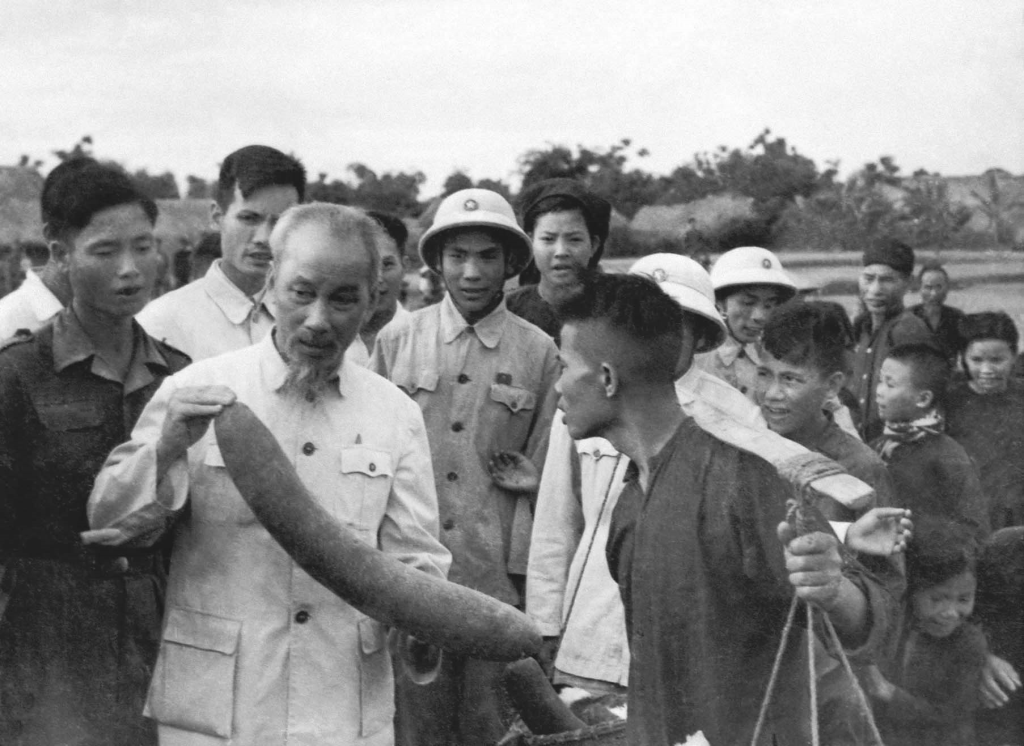
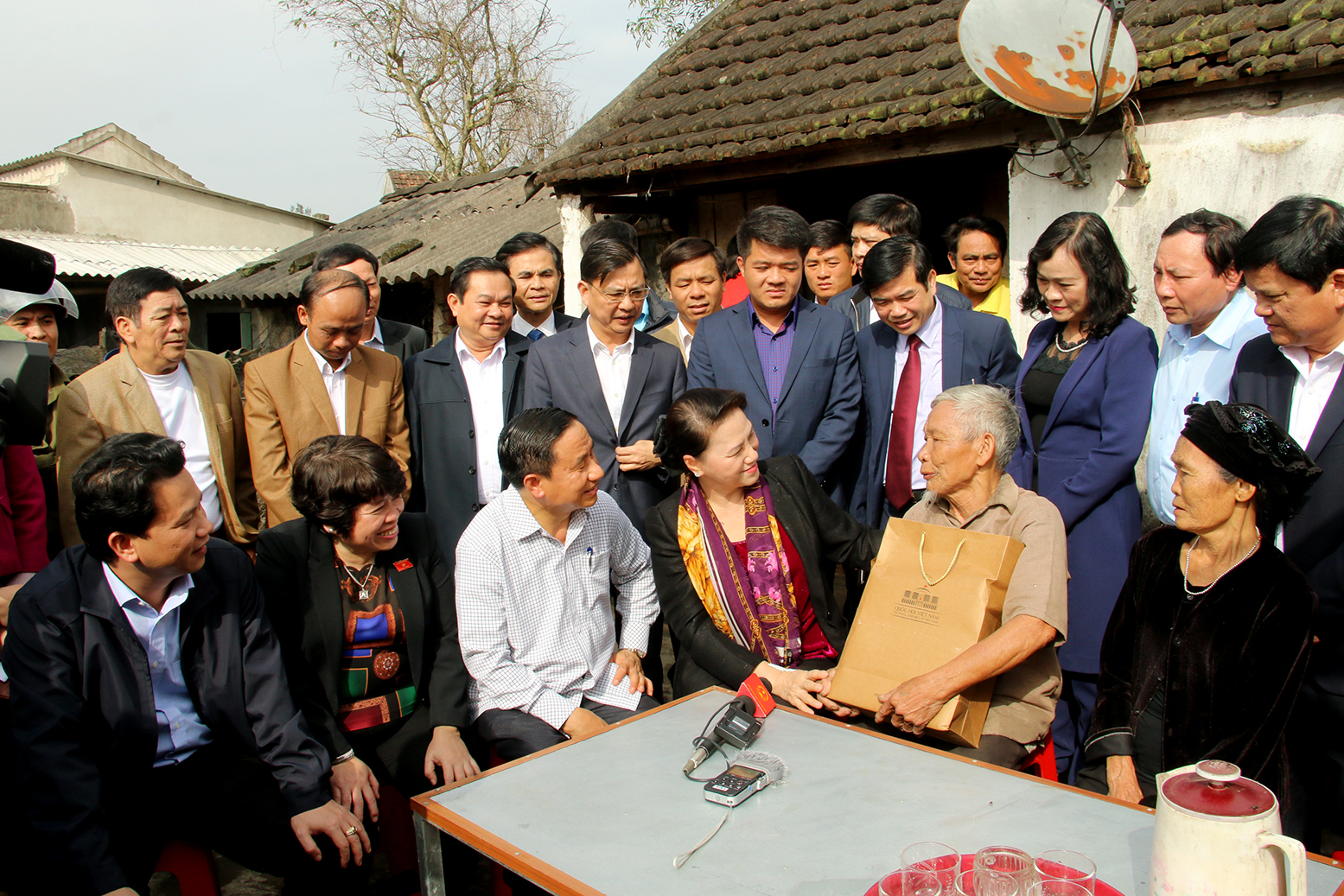
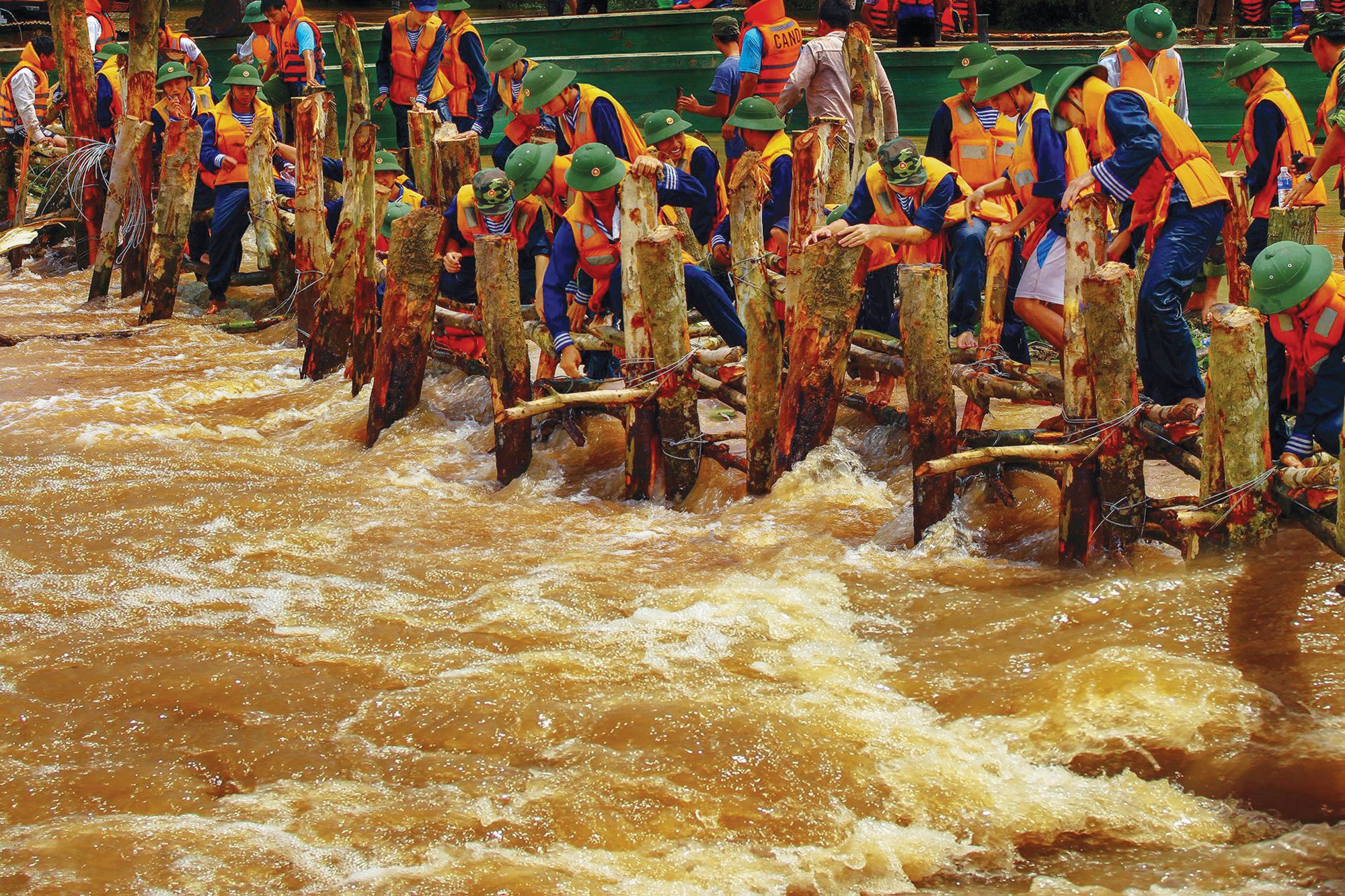

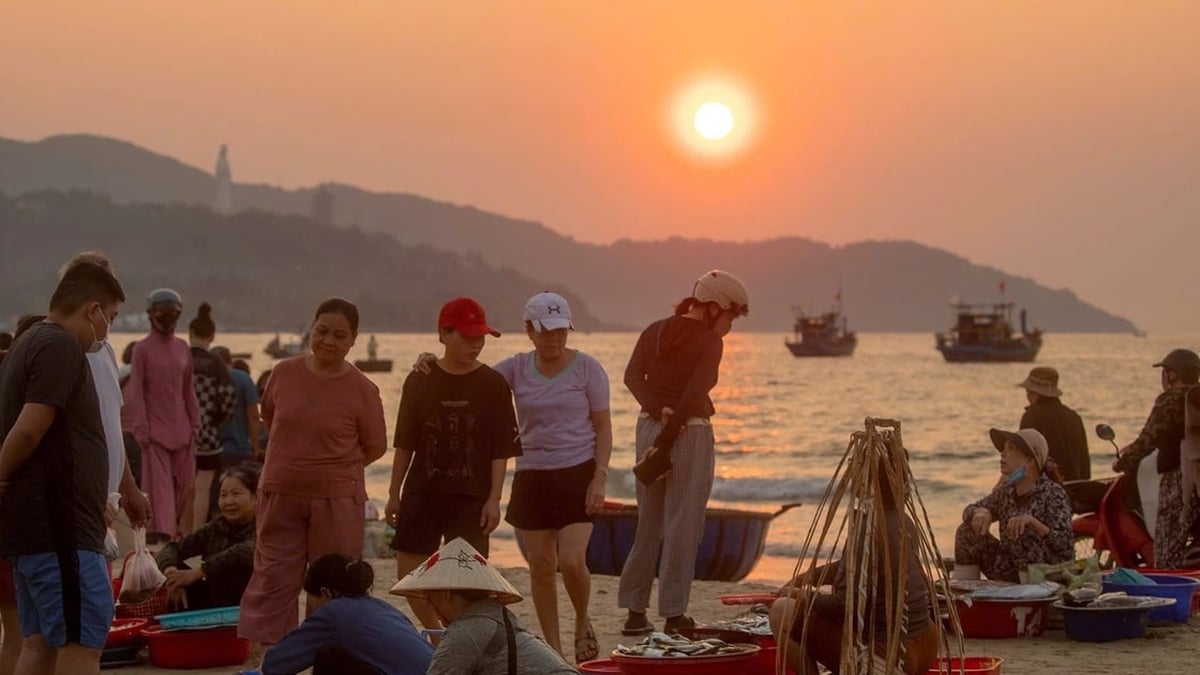
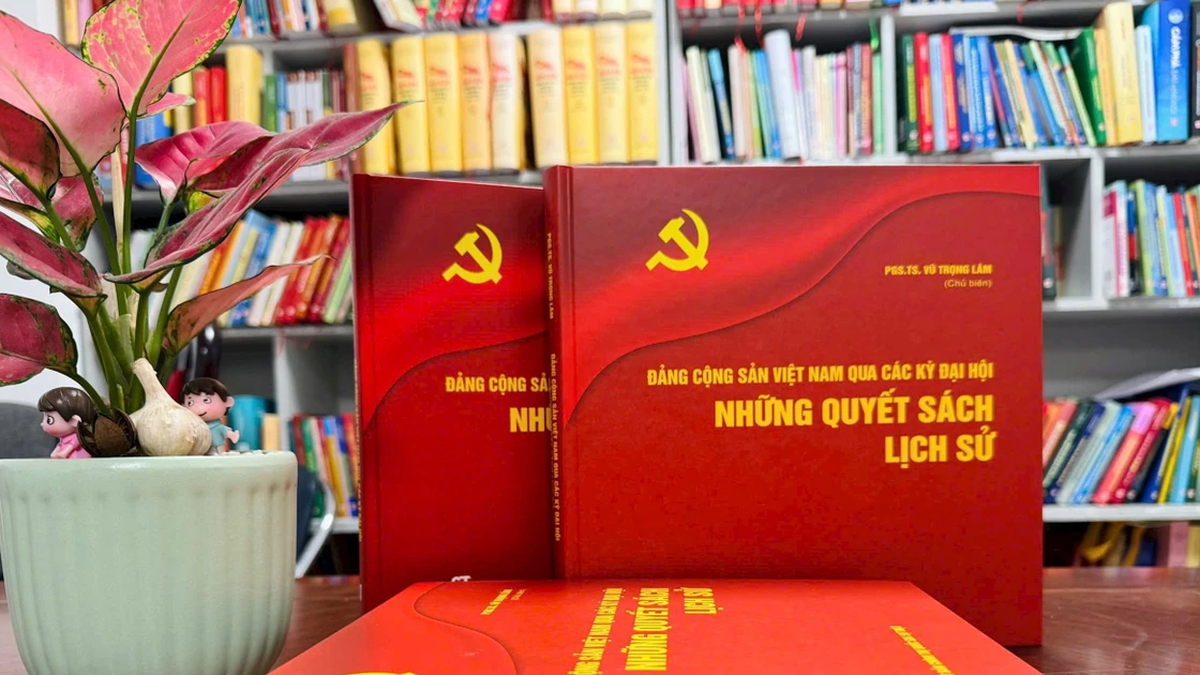
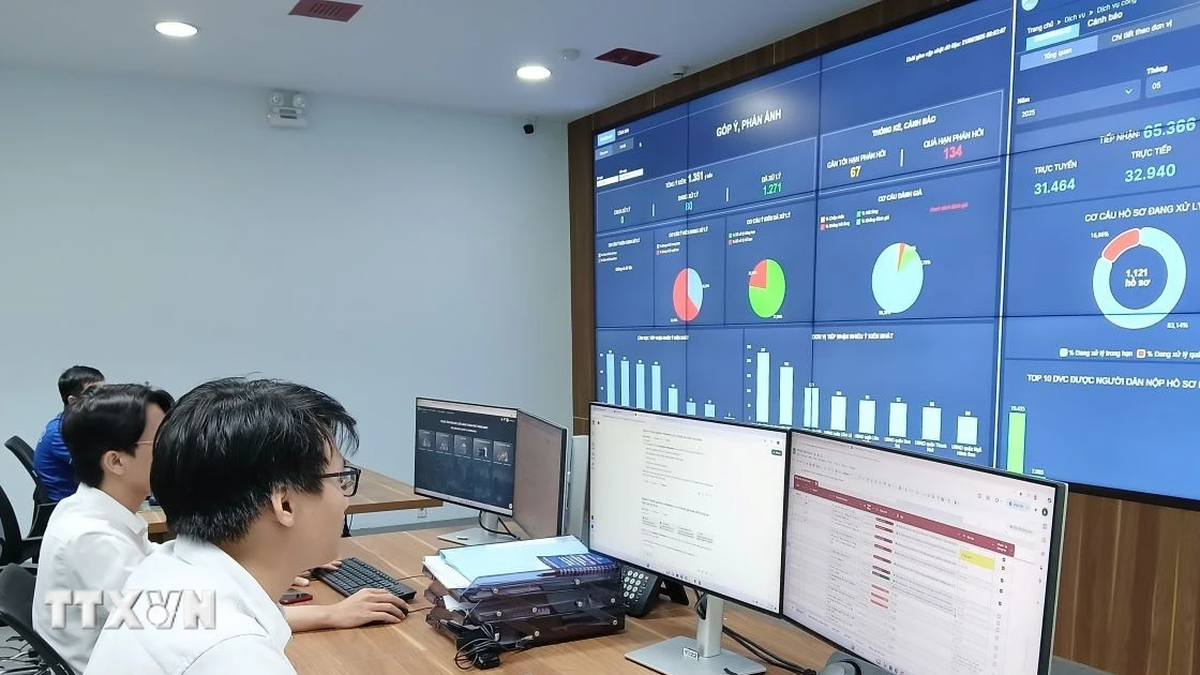
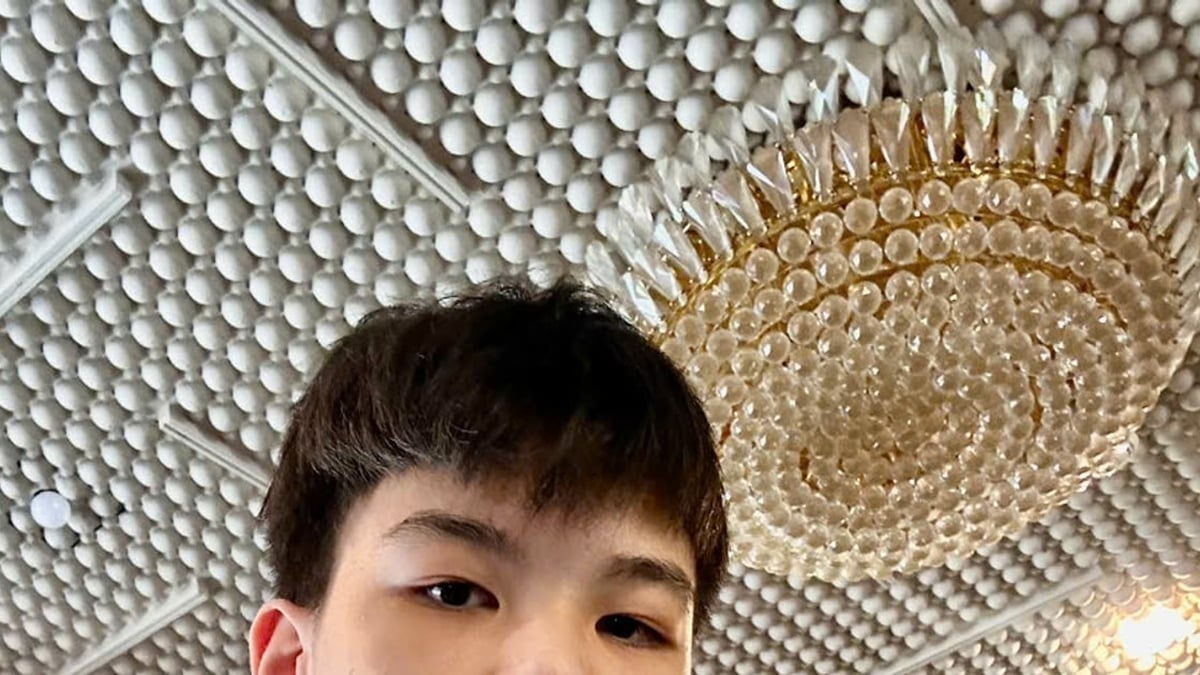
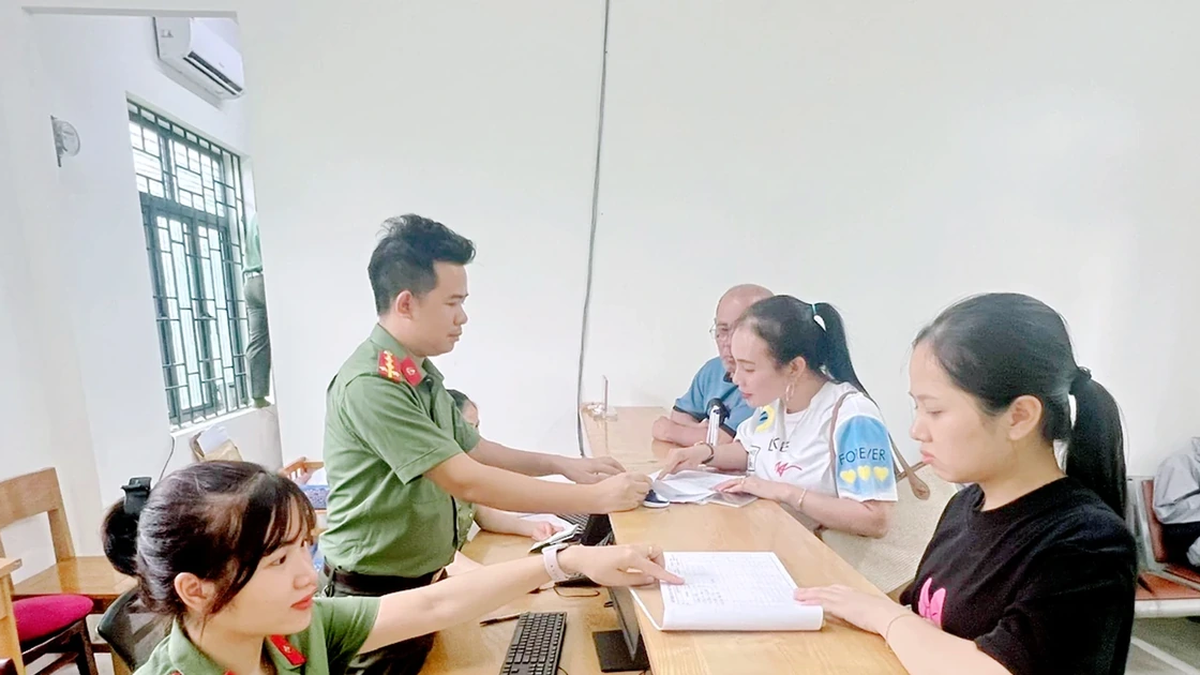
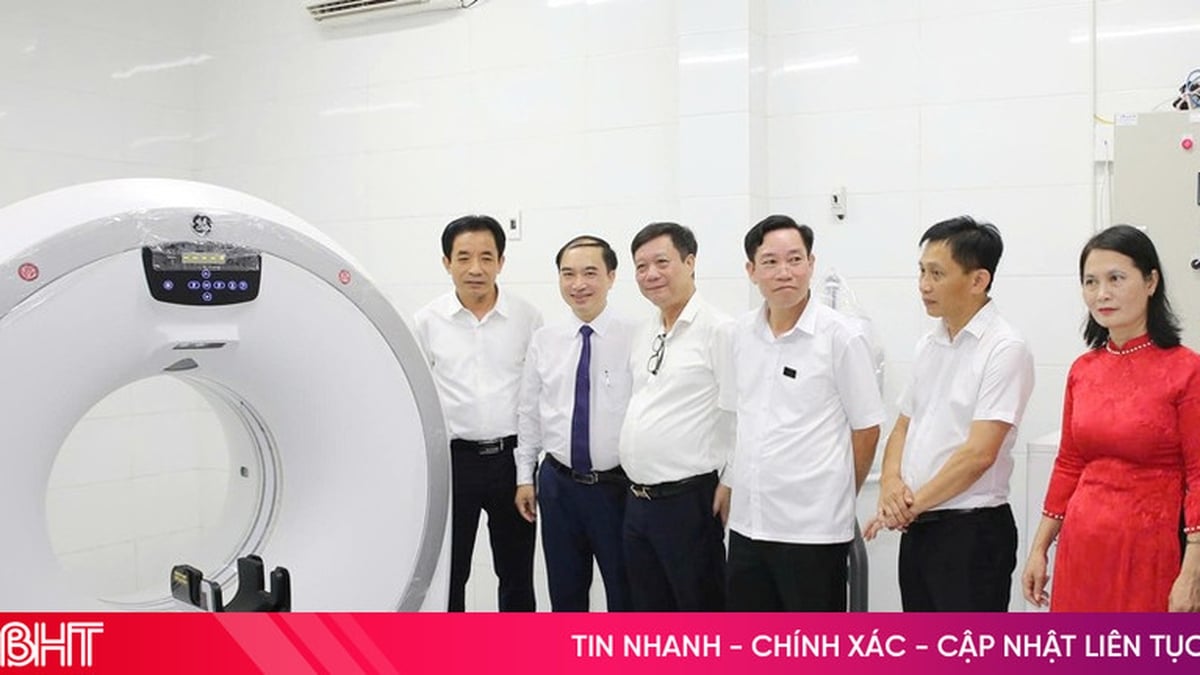
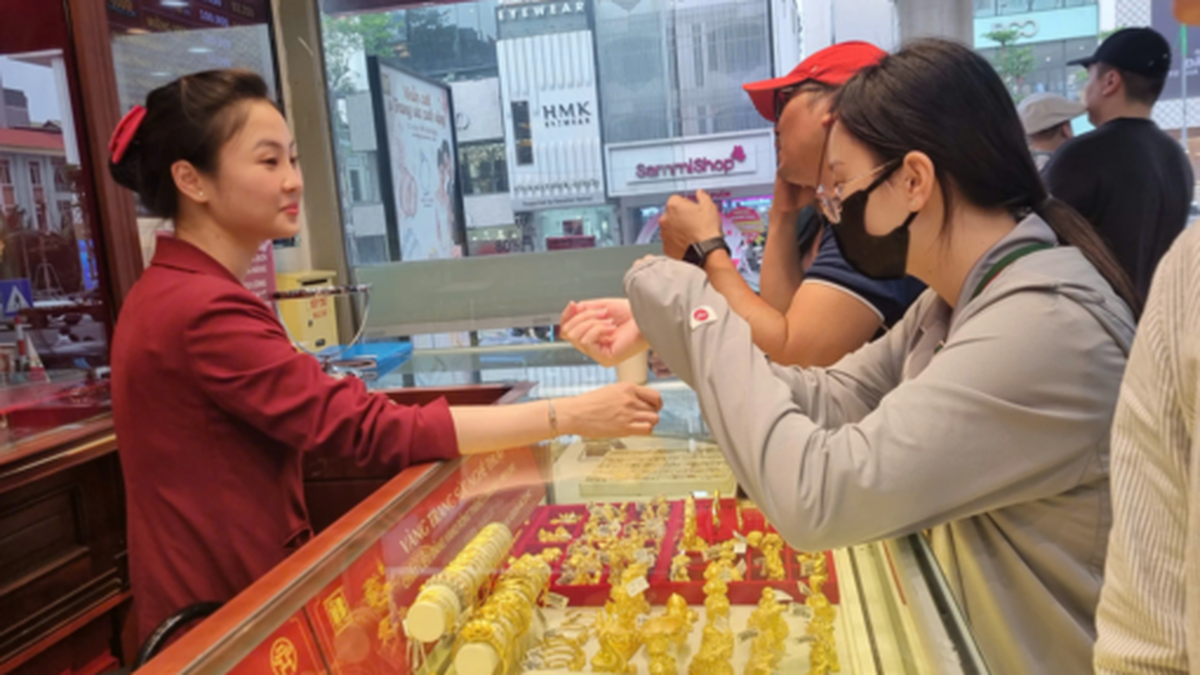

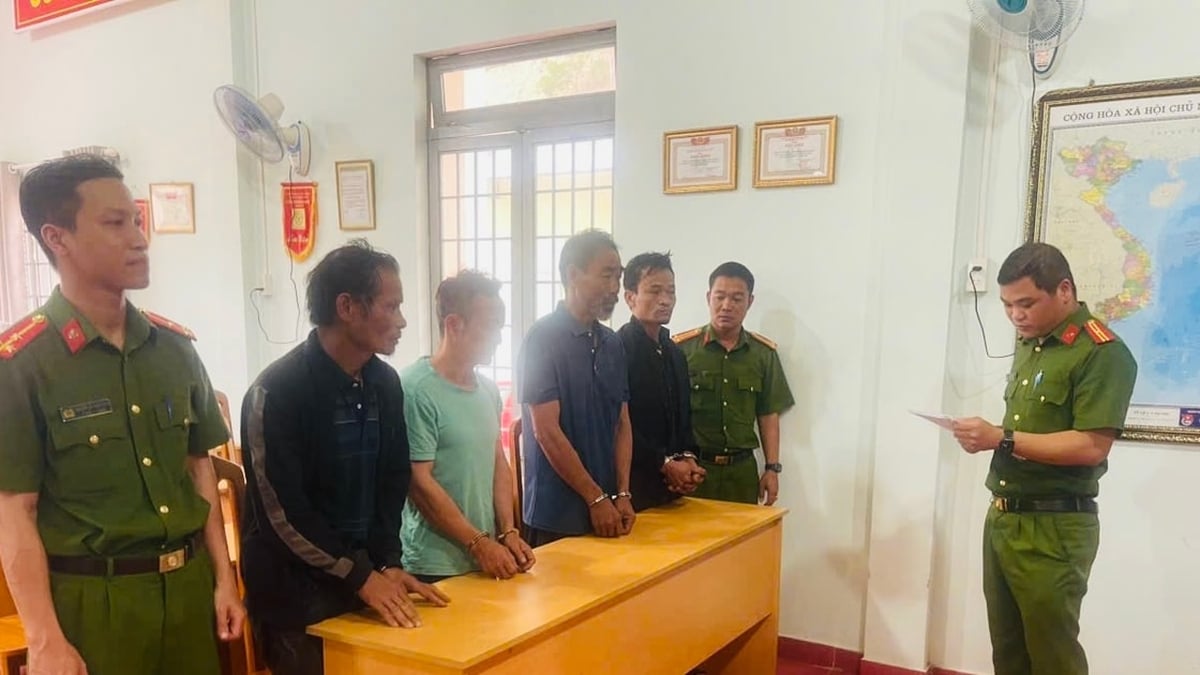

















































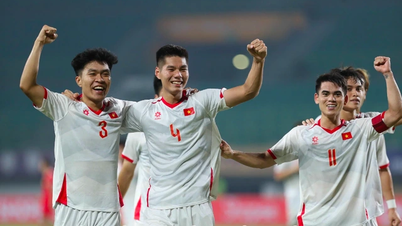
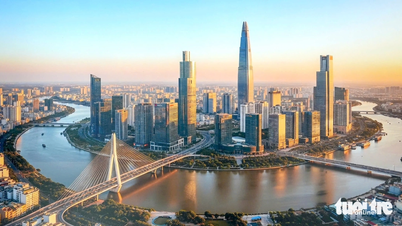

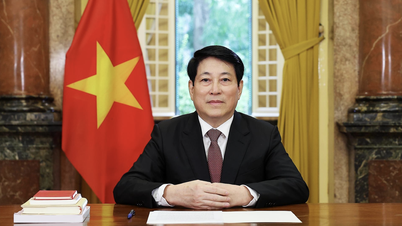



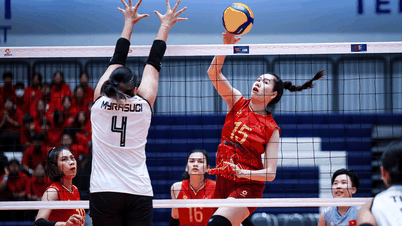
































Comment (0)